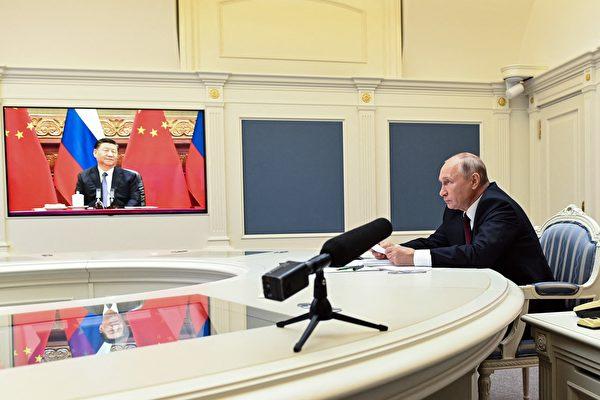News Analysis
China has reaffirmed its commitment to building positive bilateral relations with Russia. This recent announcement comes at a time when both countries have drawn the ire of Western governments amid heightened political tensions.

China has reaffirmed its commitment to building positive bilateral relations with Russia. This recent announcement comes at a time when both countries have drawn the ire of Western governments amid heightened political tensions.